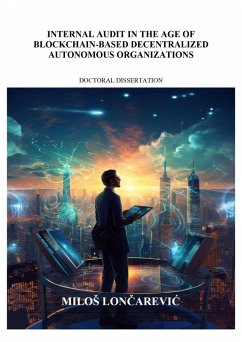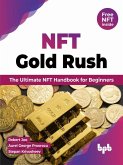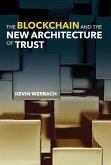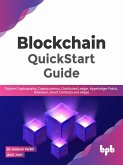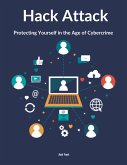In this dissertation the established and internationally recognized standards of internal auditing (IA) are applied to the context of newly popping up blockchain-based Decentralized Autonomous Organizations (DAOs) that operate on a series of smart contracts. While DAO-enthusiasts imply that the immutable nature of the blockchain, the recognized consensus mechanism, and strong preventive and automated controls will make internal auditing obsolete, this research sheds light on whether there are conceptual obstacles for IA in DAOs regarding compliance with internationally recognized internal auditing standards and therefore question the overall legality of this type of organization in a context where setting up an IA function is mandatory. Each IA standard is reviewed for obstacles, benefits, and challenges regarding the respective compliance in a DAO context utilizing an exploratory research method. Because it appears that there may be governance and operational collisions with regard to the strict standards of the IIA on the one hand and the conceptual unique setup of blockchain-based DAOs on the other, we evaluate the hypothesis by which standard compliance is impossible. In addition, we analyze whether and how the use of a DAO can benefit and/or complicate standard compliance. This foundational research dissertation may offer guidance on what safeguards DAOs need to implement to comply with certain laws and standards but also addresses policy and standard makers with the assignment to update their rules and offer guidance for implementation. The dissertation may also offer guidance for the mandatory external and internal quality assessments of IA functions in DAOs. Overall, it presents additional insights to related professions like accountants, compliance officers, external auditors, anti-fraud professionals, IT auditors and others while offering a glimpse into what the role of an internal auditor of the future might realistically look like.
Dieser Download kann aus rechtlichen Gründen nur mit Rechnungsadresse in A, B, BG, CY, CZ, D, DK, EW, E, FIN, F, GR, H, IRL, I, LT, L, LR, M, NL, PL, P, R, S, SLO, SK ausgeliefert werden.
Hinweis: Dieser Artikel kann nur an eine deutsche Lieferadresse ausgeliefert werden.

